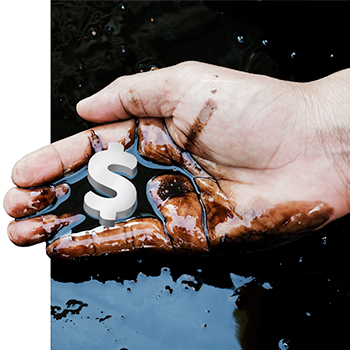
A study released March 20 by Cornell University’s Global Labor Institute found that the Keystone XL Pipeline could actually harm the economies of pipeline states. Most affected would be agricultural and tourism industries, the report said.
The study notes that between 2002 and 2011 there were more than 3,700 pipeline spills in the U.S., and that evidence suggests that a tar sands pipeline–such as the Keystone XL Pipeline–would have an even higher spill rate than a conventional pipeline. The higher rate is due to the fact that tar sands oil is “heavier, more corrosive, and contains more toxic chemicals and compounds than conventional crude oil.” Moreover, the study argues that these properties of the tar sands oil also make it more difficult to clean when there is a spill.
The existing Keystone 1 Pipeline began operations in June 2010 and has already produced at least 35 spills. From 2010-2011 the pipeline had a spill rate 100 times greater than what TransCanada (the company building the pipelines) had predicted. In fact, the spill rate was so high that in June 2011, U.S. regulators ordered the pipeline shut down until operators addressed mounting safety concerns. The Cornell report cites an independent analysis by the University of Nebraska concluding that over a 50-year period, the Keystone XL Pipeline is expected to experience 91 significant spills (defined as greater than fifty barrels).
While there has been much debate over the number of new jobs that might be created by the construction of the Keystone Pipeline, the Cornell study is unique in that it focuses on how existing jobs and economic sectors will be affected. The study reports that farming and ranching employ some 571,000 workers in the pipeline states, which have a total agricultural output of $76 billion annually. Tourism employs another 780,000 workers, and tourism spending totaled more than $67 billion in 2009.
The study argues that leaks or spills along the pipeline could greatly harm the states’ agricultural and tourism economies, which depend on clean water. A leak or spill could contaminate drinking water for residents and livestock, as well as the irrigation water for crops. It could also impact recreation areas including state and federal public lands, parks and forests, national historic trails, wildlife refuges, wildlife management areas, scenic byways and historic trails.
The President of the Nebraska Farmers Union is quoted in the report stating that, “Despite TransCanada’s assurances, we know there will be leaks and spills. All pipelines have some sort of leak during their operating lifetimes. It is not a matter of if, it is a matter of when, how often and how much leakage there will be. When a leak happens, it will be the farmers’ drinking water, their livestock water supply, and their irrigation supply that will be contaminated. Their economic well-being is directly impacted by spills and leaks.”
Ultimately, the report notes the need for a comprehensive spills risk assessment, providing independent review of the risk of spills and their impact on jobs and the environment. The Obama administration should not make any further decisions about the Pipeline until such an assessment has been completed and reviewed.
